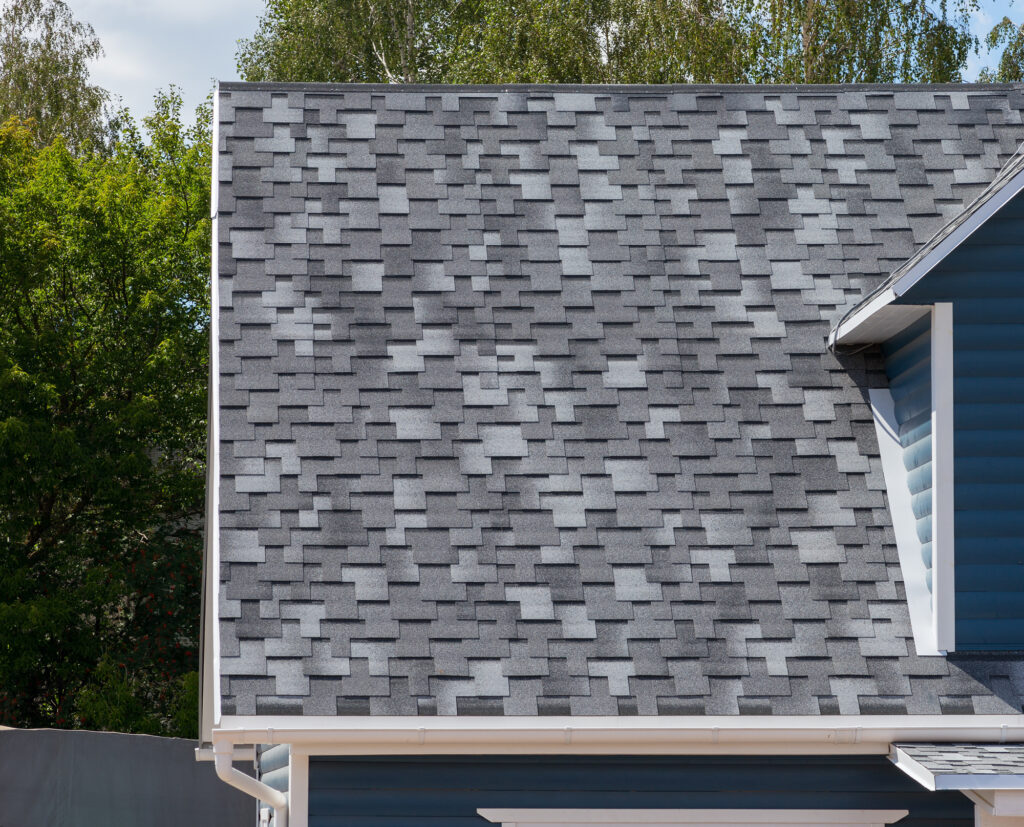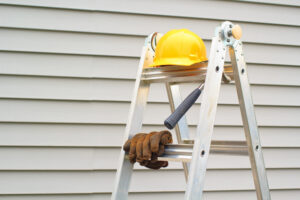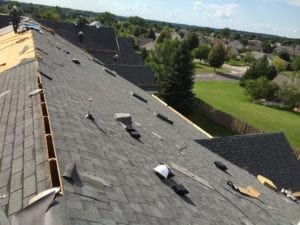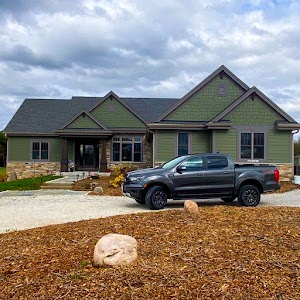Do you wish to remodel your home? Or perhaps, you feel that your business store needs a facelift. The roof is one of the vital areas to pay attention to.
Besides protecting your property, the type of roof you select for your building significantly impacts its appeal. Choosing suitable roofing materials promotes energy efficiency, not to forget that it saves you money.
To some individuals, a roof is just a roof. But there are massive differences between residential and commercial roofs.
Damages to either residential or commercial roofs can be expensive. This is why you must choose the best quality materials and reliable roofing contractors for the job.
It is paramount to understand the differences between residential and commercial roofing as that is the key to selecting quality roofing systems for your structure. Read on for more insightful differences to note.
The Material
Materials used for residential and commercial roofs vary depending on the type of roof, cost and life expectancy.
In most cases, the residential and commercial roofing materials are limited to asphalt and metal. Asphalt shingles are popular among homeowners because they’re cost-effective and easy to install.
On the other hand, commercial properties incline more towards flat or nearly flat metal roofs.
Be sure to seek advice from a professional roof installation contractor who will help you choose your structure’s best roofing material.
Roofing Design
Design is probably the most noticeable difference between residential and commercial roofing.
If you are keen, you will notice that commercial roofs feature a much lower slope than residential roofs. In some cases, the slopes are entirely flat. You have most likely seen this in restaurants, warehouses, or shopping malls.
What’s more? The roofs in commercial buildings are larger than residential property. This ensures that they can cater to large business equipment such as HVAC and tanks.
Residential roofs, on the other hand, are characterized by high-pitch design. They are smaller than commercial roofs and, in most cases, have nothing sitting on them except for solar panels.
Unlike commercial roofs whose surfaces are broken into many openings for skylights and blower outlets, residential roofs have minimal openings for chimneys and vent stacks.
Price Difference
Roofing is a significant investment. It marks the most vital part of any construction project.
With this in mind, you should not be surprised by how costly roofing is.
Nonetheless, a range of factors come to play when determining the roofing price. Such aspects include the material type and quality.
It is critical that you make a worthwhile investment by conducting in-depth research when selecting the right roofing systems for your home or business.
For instance, you should be willing to spend more on commercial roofing compared to residential. The reason being, commercial roofs are much larger and demanding in terms of quality than home roofs. Business roofs also require more skills and special tools for installation.
With a residential roof, you may decide to carry out the installation or repair process by yourself. The process may not require special tools, which translates to less cost.
However, there are no standard rules on the cost and kind of roof to select for your home or business. The ideal type solely depends on what you can comfortably afford to pay.
Ensure that you have a budget before settling on a particular roof type to avoid going beyond your means.
Installation and Repair Requirements
The roofing material and slope are the primary determinants of how complex the installation process will be.
Ideally, installing metal roofing is much more complicated than installing roofing shingles. The level of skills and the kind of tools needed for the job vary significantly between the two.
As earlier mentioned, commercial roofs are larger and feature lower slopes than residential roofs. This means that installing them requires special tools and skills for quality work.
You should hire an experienced and well-reputable installation contractor to install your business roof, keeping in mind that how the job is done will impact your brand’s image.
Residential roofs, on the other hand, are less demanding. You may decide to do the job yourself depending on your budget and love for renovation projects.
Just as with the installation, roof repair requirements differ in terms of skills and tools.
Residential roofs are much easier to repair and replace. In most cases, you only have to deal with a small area problem on the roof. You may hire a contractor or repair by yourself without much difference.
On the other hand, commercial roofs have strict repair guidelines and standards that must need to be met. Even in cases of a small problem, you might be required to repair or replace the entire roof. If not, you have to apply a protective coat of sealant over the whole roof.
Complexity and Time Consumption
In most cases, commercial projects are more complex and consume more time than residential projects. Commercial roofing will require more planning, considering that a large crew will be working on it. You also have to consider other aspects such as business operations to avoid downtime.
This is unlike residential roofing, which is straightforward, and you do not necessarily need to plan to have it done. As soon as you notice an issue, you can contact a contractor to rectify the problem immediately.
Let a Professional Guide You Through Commercial vs Residential Roofing Systems
While residential and commercial roofs have some differences, they require qualified and professional contractors to meet your specific demands.
The right contractor will advise you on the best material, price range, and what to expect during installation or repair.
If you have any roofing problems, contact us and let us guide you when selecting the right roofing systems for your home or business premise.







